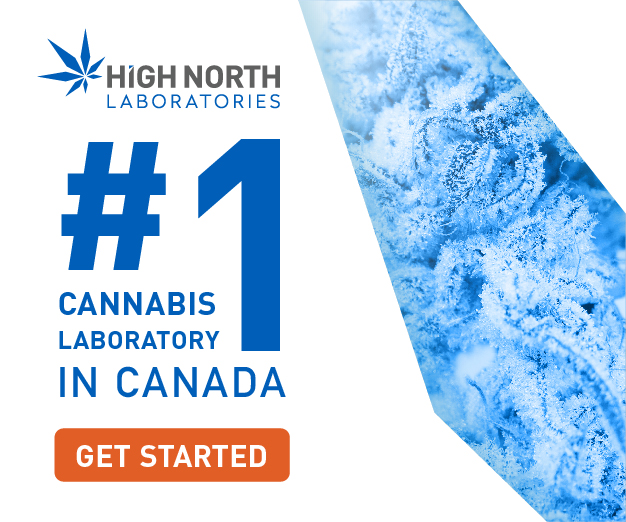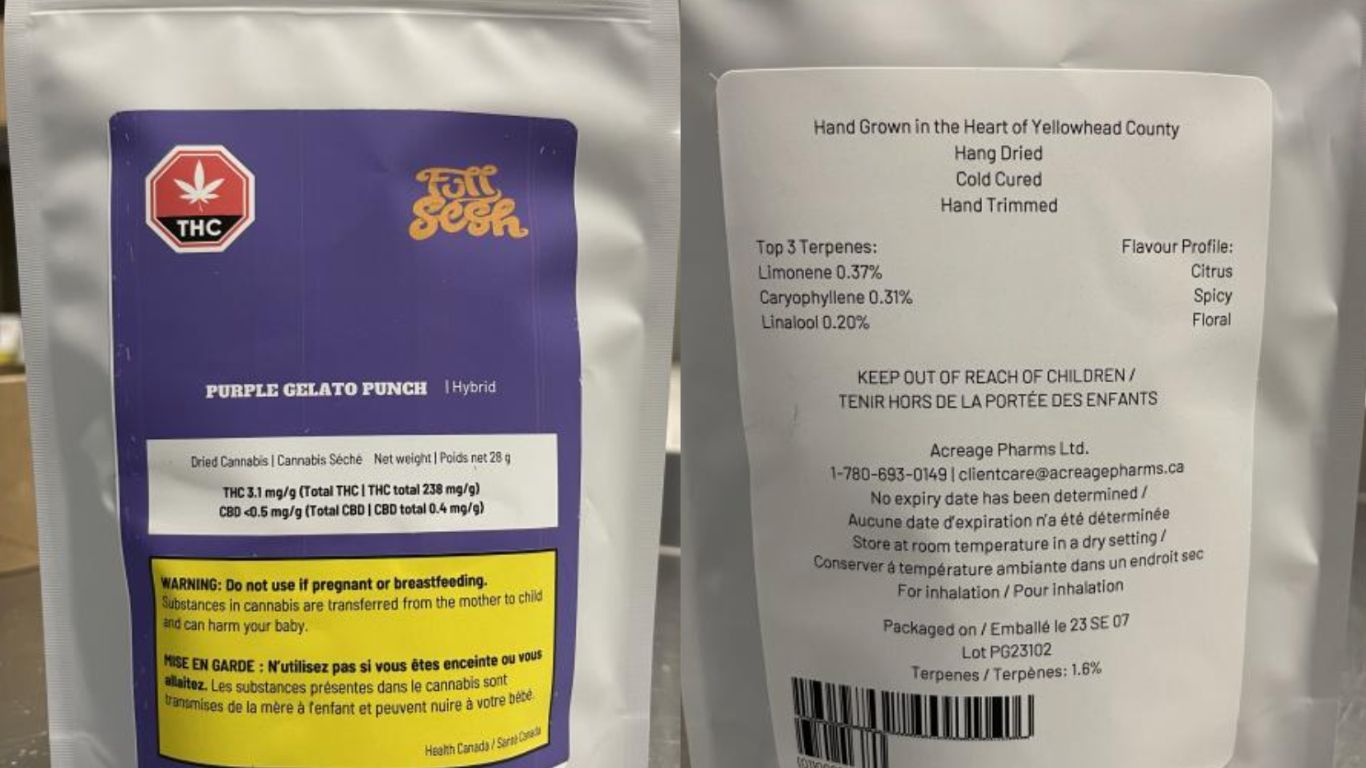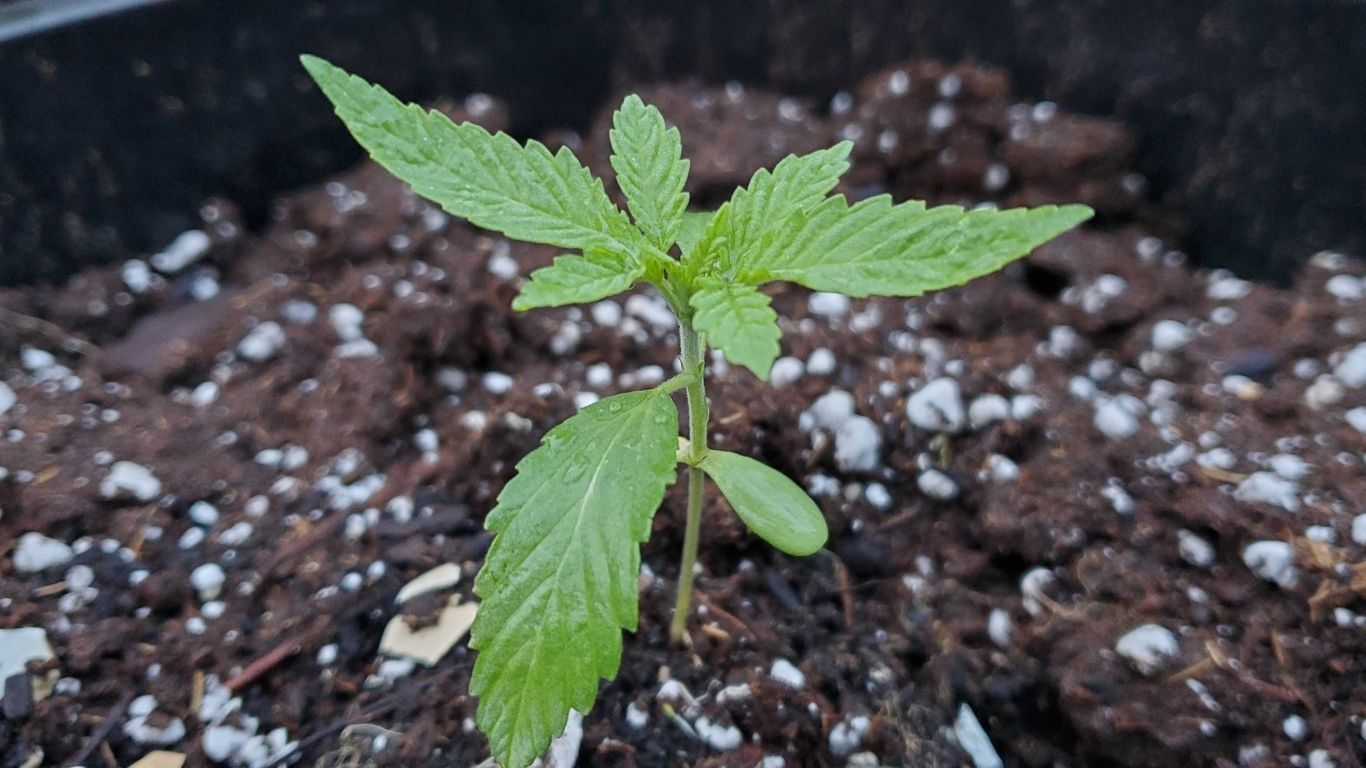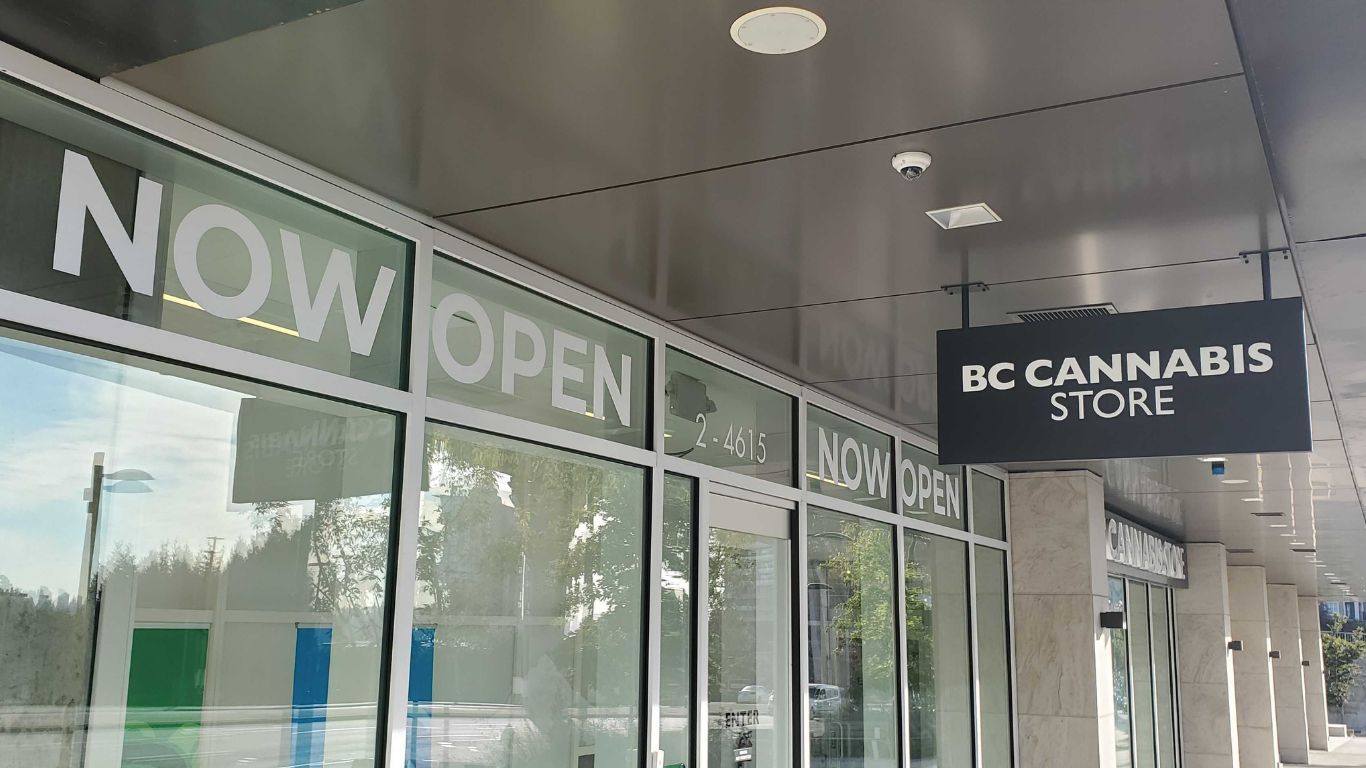
The Ontario Chamber of Commerce says they are urging Ontario’s cannabis regulator to reconsider new changes to the province’s rules meant to prevent inducements between LPs and retailers.
The AGCO announced their planned changes in February. The new rules will be added to existing rules and come into effect on June 30, 2022.
The updated standards “generally prohibit licensees from entering into agreements for items, benefits, payments, or services with licensed producers and their representatives with the purpose to promote or increase the sale of a particular product by the licensee or their employees. In other words, licensees are not allowed to ask for or accept material inducements.”
It also disallows more substantive gifts from producers, such as refrigerators or display cases, televisions, etc, or retailers co-branding cannabis or cannabis accessories with LPs.
The Ontario Chamber of Commerce (OCC) says they are concerned that preventing co-branding or “white labelling” of products could undermine confidence in the regulatory process. The Chamber’s letter to the AGCO also claims that the question of white label products was not raised in the consultation process with the industry.
“The Ontario Cannabis Store has actively encouraged development of white label programs and, as a result, these changes were unexpected,” writes Rocco Rossi, president and CEO of the Ontario Chamber of Commerce. “Both retailers and producers that have developed compliant white label strategies will be harmed, impacting all stakeholders involved and resulting in considerable operational challenges to unwind.”
The changes, continues Rossi, will make it harder for companies to compete with the illicit market.
High Tide Inc., which owns several cannabis retail chains across Canada—including Meta and Canna Cabana locations in Ontario—announced a white label partnership last September with a cannabis producer for their own line of “Cabana Cannabis Co” branded shatter and THC gummies for distribution in Ontario, as well as Manitoba, and Saskatchewan.
Such a change to the regulations in Ontario would prevent such a product from continuing there.
Omar Khan, the senior vice president of corporate and public affairs at High Tide Inc. says he and his company are continuing to engage with AGCO around the proposed white label product ban.
“We are working closely with the Ontario Chamber of Commerce and other supportive stakeholders to relay to the AGCO the benefits consumers accrue from having access to a diverse array of products, including white label products. The AGCO has been receptive to engaging with cannabis retailers on this file and we continue to engage in discussions with them.
Mimi Lam, the co-founder of Superette, a cannabis retailer with ten locations in Ontario, says the inclusion of a ban on white label products was a surprise to her, as well.
“It was a real disappointment to see white label agreements seemingly arbitrarily included in the latest rules from AGCO,” says Lam. “As an operator and a consumer, it makes no sense that a potentially exciting area of innovation and growth in the legal sector should be hindered.”
“At the end of the day, the adult-use cannabis industry is already more regulated than all other consumer-facing industries—as businesses all we want to do is operate, make decisions, and grow like any normal company in any normal industry,” she continued. “Like delivery at the start of the pandemic and for permanent delivery after, this is a pivotal piece that can shape this industry and have long-term implications for all stakeholders.”












